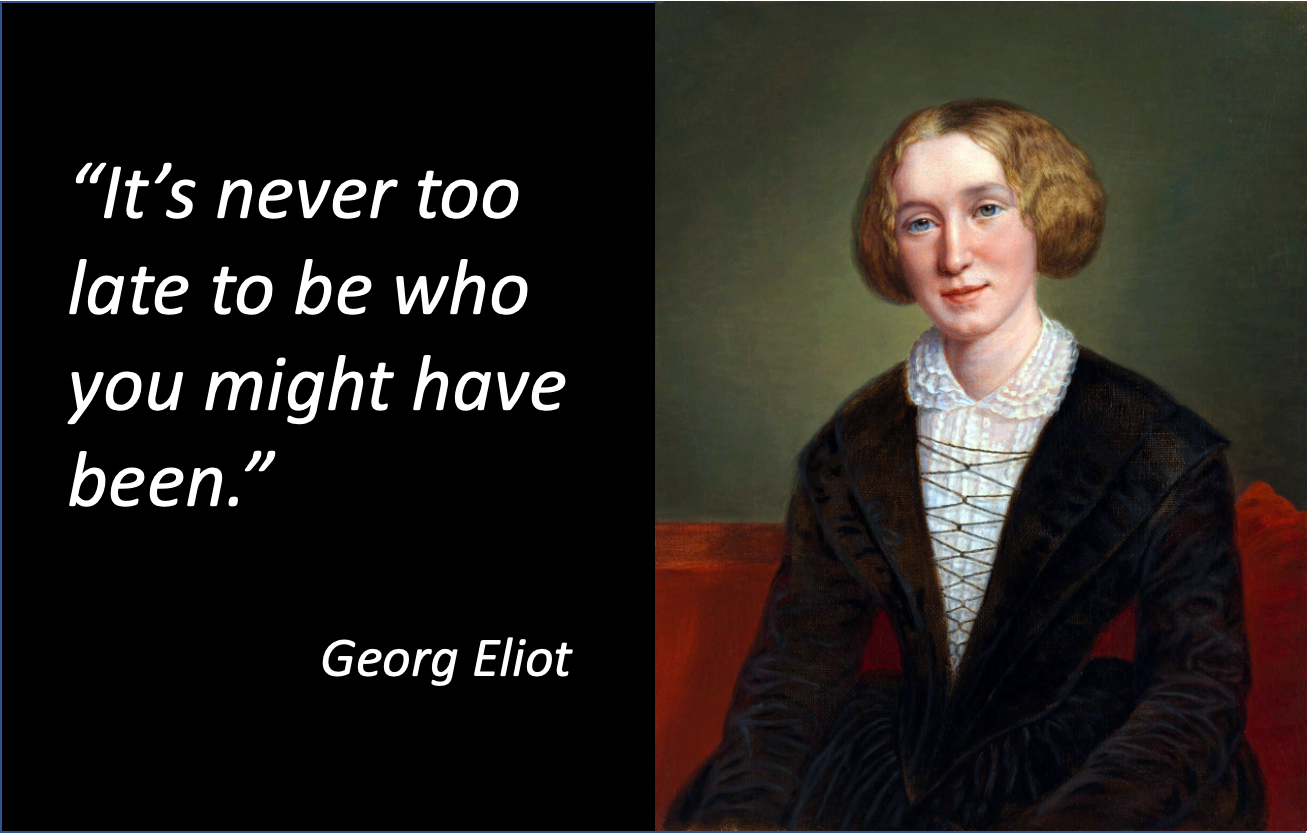I’ve mentioned this before in this space, but I didn’t write my first novel until I was 45 years old. I think it’s safe to say that I came to writing later than many, even most, novelists. And ever since, I’ve been lamenting lost time and my late start. I wonder to myself how many novels would I now have written had I started in my twenties or even my thirties? But perhaps that’s the wrong way to look at it. In fact, I’m not sure I could have written a novel before I eventually did. My wife and I were very busy with two demanding careers, two young sons, a nanny, a mortgage and little time for anything extracurricular beyond involuntarily napping when trying to read bedtime stories to our boys. For about a decade, we both had next to no bandwidth beyond our work and our family—and our monthly book club gathering.
Then, there’s the additional point about whether I’d lived enough to know enough to write a novel. I don’t completely buy this concept, but many experienced novelists will suggest that until you’ve lived a bit, confronted the obstacles life tends to throw in our paths, and just, well, matured a little, writing a novel—let alone a good one—is unlikely. It’s certainly a convenient argument for those, like me, who have arrived a little late to the writing party. I understand the theory, and on the surface, it is not devoid of logic. Then again, there are plenty of young brilliant writers who have turned out novels that belie their tender years. So for me, the jury is still out on the old “you can’t write novel until you’ve lived a little and seen a lot” theory.
Other writers have expressed their views on the matter, including Ernest Hemingway.
I’m not sure Hemingway actually believed this or not, given that he wrote The Sun Also Rises when he was 26 years old. That debut novel made Hemingway famous. But it does seem reasonable that the more you’ve seen in your life—the more you’ve lived—the better equipped you are to write novels that resonate and connect with readers. But I still wish I’d started writing earlier.
Here’s a video featuring the famous contemporary writer, Lee Child, talking about starting writing later in life:
Other benefits to being an older writer
I do believe that coming to writing a little later than many helped me to manage the roller coaster of the writing life more effectively. I think back to the negative reviews my novels have earned over the years whether from critics, or from readers on platforms like Goodreads. I’m not certain I would have, or could have, handled them quite as philosophically—and calmly—had I been in my twenties. I hope with age comes the ability to understand different perspectives and accept that not everyone is going to like what you write, rather than letting your knee-jerk anger carry the day. Believe it or not, I’ve read very few negative reviews that didn’t somewhere contain a kernel of truth that I’ve been able to discern, consider, and even bring on board in my writing.
When my first novel was published back in 2007, I’d already had a 25 year career in politics and public affairs/communications consulting. I’d spent a chunk of that time presenting to prospective or existing clients. Standing in front of high-powered strangers in a sprawling boardroom as part of a competitive pitch process is a great way to develop your public speaking and interpersonal skills. (And losing our fair share of those pitches helped me deal with defeat and disappointment—a staple of the writing life!)
I also wrote a lot of speeches in my day job. This entailed getting to know the client and being able to identify their speech patterns and preferences. That was quite good training for writing dialogue in my novels where writing in another’s voice is essential. (There may a more involved future post somewhere in here about how my day job helped in my writing life.)
Living in a marriage and raising children provided first-hand insights I’d never have gained had I remained single. Don’t misunderstand my point here. Being married and a father certainly doesn’t make me a better writer. It just provides a certain set of new experiences about which I can write with a bit more authority, conviction, and authenticity. Perhaps it makes my canvas a little larger.
I think most writers, whether they know it or not, are mining their own life experiences when they write. I don’t mean they’re writing autobiographically, but they’re writing about worlds they know and understand. As we get older, presumably we have more life experiences to inspire our writing.
On the other hand, I cannot write with any authority about a young—or older—person who lives in a refugee camp or on the street. I could try, but it would not be informed by my life experience.
Take heart, it’s never too late
As I was considering this post, I did a bit of research on other writers who started later in life. One of my literary heroes is Robertson Davies, the great Canadian novelist who, when he died in 1995 left us with eleven wonderful novels—one of which, Leaven of Malice, won the 1955 Leacock Medal—and many other literary works—essays, plays, criticism, etc. He didn’t write his first novel, Tempest-Tost until he was nearly 40. (Post coming soon on Robertson Davies.) Here are some other late literary bloomers to give hope to those who think the writing life may have passed them by.)
And there are many others, too. Frank McCourt was 66 when Angela’s Ashes was released. Laura Ingall’s Wilder was 65 when her first Little House on the Prairie book was published. Richard Adams was 52 when Watership Down emerged in 1972. And none other than J.R.R. Tolkien was 45 when The Hobbit hit bookstores in 1937.
Wrapping up…
I still regret not starting to write earlier in my life. But I also accept that I might not have been ready when I first wanted to start a novel many years before I finally did.
Simply put, the moral of the story is that writers come in all shapes and sizes. They bring diverse backgrounds and fascinating life experiences to their work. Some writers start early and others, like me, start a little later. It doesn’t matter. Write when you’re ready. Write when you find your story, or it finds you. There are no limits. Write when you write.
Or in the words of Georg Eliot…
Thanks for checking this out. If you haven’t yet subscribed, it’s free and easy and you won’t miss any future missives. Just click on the Subscribe button below. Also, feel free to share this post as it helps spread the word. Many thanks.
Update (April 26, 2023): Shortly after I published this post, I came upon an article in The Guardian about the newly established Christopher Bland Prize for a first book—fiction of non-fiction—by a debut author over the age of 50. Here’s the article:
https://www.theguardian.com/books/booksblog/2018/oct/03/why-we-need-an-award-for-writers-who-start-later-in-life










This column resonated, Terry. My first novel was published in 2013 when I was 66. 66 was also the number of my paper route back in the day, way back in the day. Our mutual friend, Stewart Goodings just published his first novel, My Enemy, My Friend at the ripe old age...I think 80...My point; keep writing until you you have nothing left to say and even then, don't let that stop you-there is always something to say.
I'm eighty-five, and even though I have done a little writing in my earlier days, I have come to the point in life where experiences, recall, and creativity have come into sharp focus. Having finished my second novel, I'm now beginning the third.